Johan Dupont Trio - Lydia (2025)
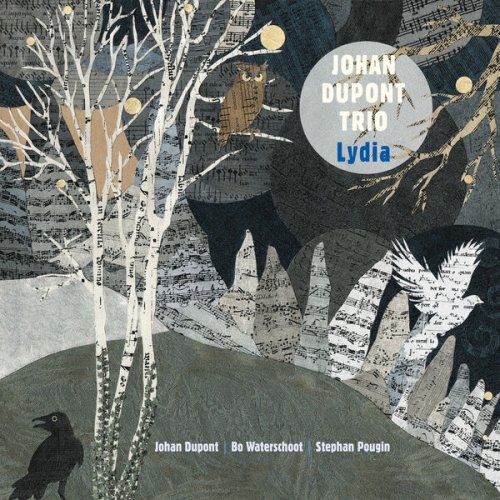
Artist: Johan Dupont Trio, Johan Dupont, Bo Waterschoot, Stephan Pougin
Title: Lydia
Year Of Release: 2025
Label: Flak Records
Genre: Jazz
Quality: FLAC (tracks)
Total Time: 1:03:49
Total Size: 481 MB
WebSite: Album Preview
Tracklist:Title: Lydia
Year Of Release: 2025
Label: Flak Records
Genre: Jazz
Quality: FLAC (tracks)
Total Time: 1:03:49
Total Size: 481 MB
WebSite: Album Preview
1. Home (10:09)
2. La Balançoire rouge (05:01)
3. Question Mark (05:20)
4. Psaume (04:50)
5. La Danse des anges (03:51)
6. Le Rouge-gorge (03:49)
7. Tata De Piraat (03:54)
8. Arabesque (07:59)
9. Lydia (05:13)
10. Tornado (03:21)
11. The Child (05:21)
12. Divo Choro (04:56)
There is always a place, a refuge for our melancholy.
A dirt track along a river or the shade of an old chestnut tree. The beating heart of a city and its crowds to melt into. The terrace of a bar in the early morning and coffee burning in a cup. Cries of joy on a playground in the late afternoon, and the sweeping movement of a swing launching a child towards the sky.
Melancholy isn't sad. It just is. It's the in-between of the world, like a delicate veil over things and beings. The light mist through which we can make out the shape of our days. Melancholy is itself a refuge where we hide the part of us that is lagging behind our own lives. Melancholy is a place and there are places for it: it's a game of Russian dolls. If we are patient enough, if we carefully open each doll one by one to see what's inside - like peeling the skins and layers of an onion slowly to hold back the tears - perhaps we would discover the core of sadness hidden deep inside their bodies.
The little wooden doll as hard as a rock, the one that doesn't open; that is all you see. Finally, releasing her delicately from her gangue and rolling her between our fingers. We mustn't lose her. Contrary to all appearance, she is fragile. She’s a treasure; both obscure and sparkling.
Once you’ve put her back where she belongs and she’s hidden deep down again, you don't really know whether she’s a core of sadness or a core of joy. A bit of both, no doubt.
Because we need joy to live; in spite of everything, we need joy to give meaning to our absences, our deficiencies, our bereavements. Joy to live with our melancholies.
And there is always a place, a refuge.
But sometimes the forest paths are inaccessible. The café terrace has closed, and there are no more children on the playground. The abandoned swing stands still.
Then comes the music.
A dirt track along a river or the shade of an old chestnut tree. The beating heart of a city and its crowds to melt into. The terrace of a bar in the early morning and coffee burning in a cup. Cries of joy on a playground in the late afternoon, and the sweeping movement of a swing launching a child towards the sky.
Melancholy isn't sad. It just is. It's the in-between of the world, like a delicate veil over things and beings. The light mist through which we can make out the shape of our days. Melancholy is itself a refuge where we hide the part of us that is lagging behind our own lives. Melancholy is a place and there are places for it: it's a game of Russian dolls. If we are patient enough, if we carefully open each doll one by one to see what's inside - like peeling the skins and layers of an onion slowly to hold back the tears - perhaps we would discover the core of sadness hidden deep inside their bodies.
The little wooden doll as hard as a rock, the one that doesn't open; that is all you see. Finally, releasing her delicately from her gangue and rolling her between our fingers. We mustn't lose her. Contrary to all appearance, she is fragile. She’s a treasure; both obscure and sparkling.
Once you’ve put her back where she belongs and she’s hidden deep down again, you don't really know whether she’s a core of sadness or a core of joy. A bit of both, no doubt.
Because we need joy to live; in spite of everything, we need joy to give meaning to our absences, our deficiencies, our bereavements. Joy to live with our melancholies.
And there is always a place, a refuge.
But sometimes the forest paths are inaccessible. The café terrace has closed, and there are no more children on the playground. The abandoned swing stands still.
Then comes the music.
![The Boss Ensemble - Circuits Hybrides (2019) [Hi-Res] The Boss Ensemble - Circuits Hybrides (2019) [Hi-Res]](https://www.dibpic.com/uploads/posts/2019-11/1574517391_folder.jpg)
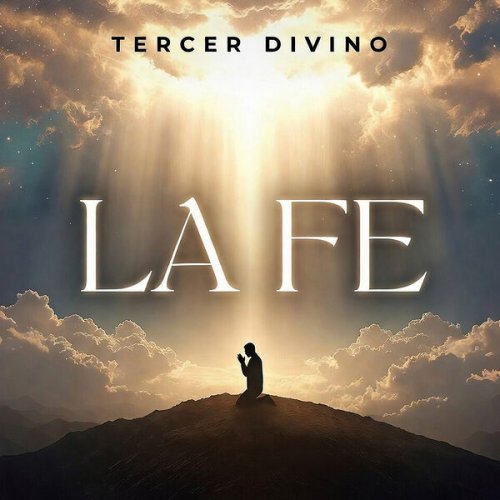
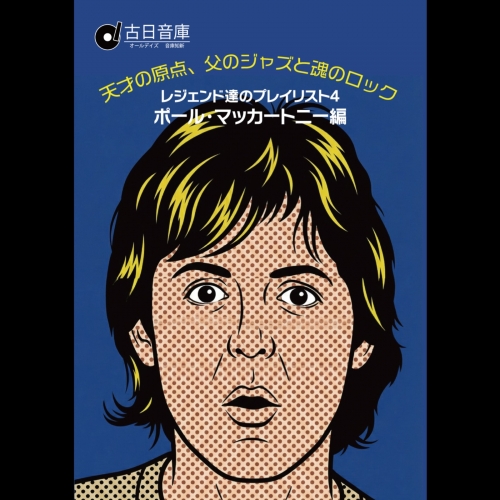
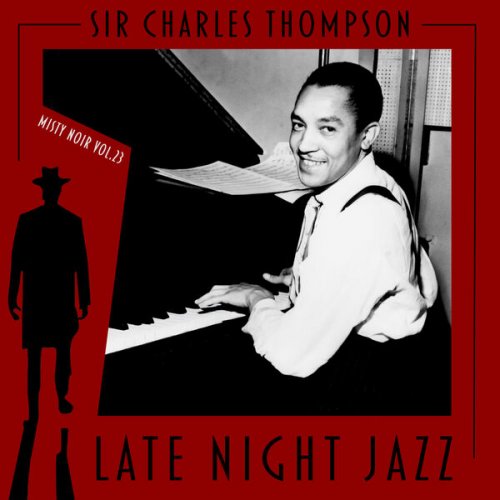
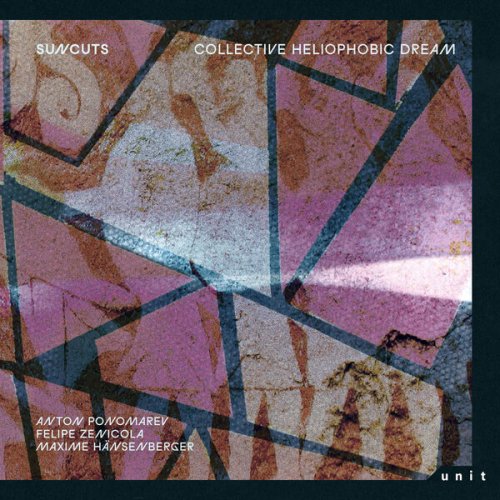

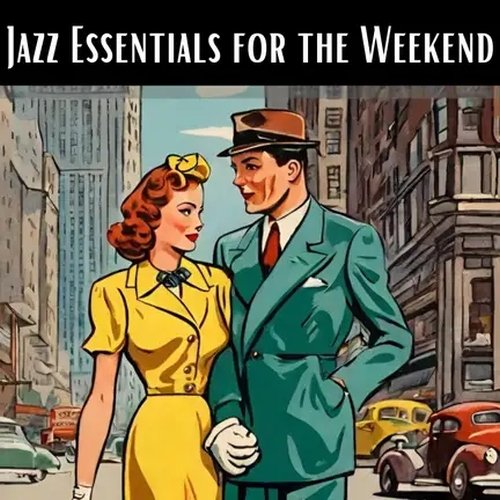
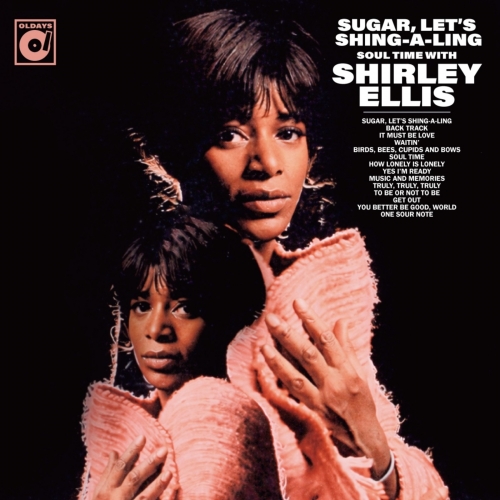
![Dave Stapleton - Quiet Fire (2026) [Hi-Res] Dave Stapleton - Quiet Fire (2026) [Hi-Res]](https://www.dibpic.com/uploads/posts/2026-02/1772036051_v5l0f2qh1r2cb_600.jpg)